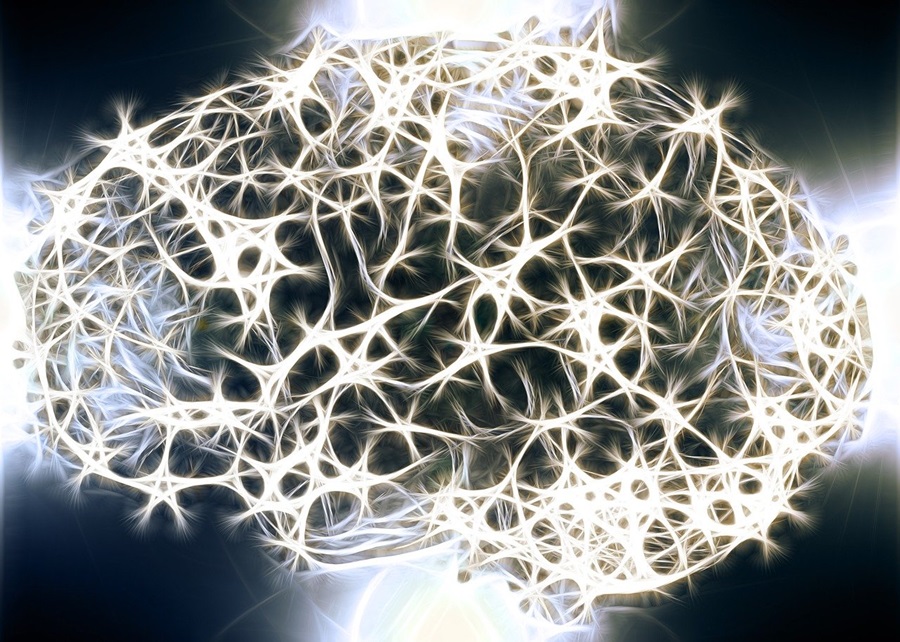- HumanitiesPhilosophy
- 10 de October de 2024
- No Comment
- 6 minutes read
Between Chemical Formulae and Metaphysical Formulae

Between Chemical Formulae and Metaphysical Formulae


We may not fully grasp the positive task of philosophy, but if it has a negative task, it must be to clear the path of epistemological errors and confusions. In this article, we will outline how some of these confusions manifest within contemporary psychiatric theories and practices.
On the one hand, there is transcendental realism, which reduces consciousness and subjectivity to mere epiphenomena, mere appearances in the most negative sense of the term. Our memory, perception, constitutive socialities, and ultimately our consciousness deceive us. There is a reality independent of our observations, a reality that exists apart from anything we do with it. Therefore, through mediated means—whether scientific deduction and induction, religious infused science, or cognitive-behavioural psychiatric frameworks—we can access this underlying reality. In this view, psychological distress ceases to be the responsibility of the individual; it is no longer seen as the mind’s strategy for coping with the grief of loss (whether of people, things, ideals, or values) and converting that loss into a lack, a lack which fuels a new desire projected forward. Instead, psychological symptoms become a theoretical construct that can only be examined and intervened upon by the clinical gaze of experts, not by the mind’s own introspective gaze. Your psychological distress, according to this framework, has nothing to do with you personally; it is rooted in underlying cognitive processes beyond your consciousness. It is your brain playing tricks on you; it is, ultimately, your brain chemistry (the imbalance of your neurotransmitters) that is responsible for your distress. And only the techno-scientific apparatus of chemistry can intervene in this domain.
On the other hand, there is empirical idealism: everything is a subjective construction, a fiction; even subjectivity itself is a construction. There is no reality “out there” (nor “in here”); everything is reduced to a play of language, a game of truths imposed by competing wills to power, by one or another balance (or imbalance) of power. In this confusion, the ground is laid for anything. Your psychological distress is an illusion, a linguistic error; by changing the conversation, we change the world (both inner and outer), as if by magic. Faith moves mountains and cerebral convolutions; if you want, you can; what happens to you is what you project to happen, you attract the good or bad that comes your way according to the good or bad you bring about, and so on.
Thus, we encounter the paradox that these two theoretical perspectives on psychological distress suffer from the same confusion that defines the two primary types of psychological distress: depression and psychosis. It is as if an error in the theoretical perspective has transferred to the object of study, or vice versa. In this way, depression and psychosis appear as the ultimate consequence of adopting transcendental realism and empirical idealism, respectively. Depression manifests as the belief that the subjective is a powerless farce in the face of the only true reality, which is the objective—something entirely disconnected from you and against which nothing can be done. Psychosis, on the other hand, manifests as the belief that both the objective and the subjective are fictions orchestrated by an unseen will to power.
Faced with this landscape, as outlined by the negative dimension of philosophy, which we mentioned earlier, is it possible to gesture toward a positive dimension of philosophy that might offer some insight into this confusion? Kant, who proposed a transcendental idealism and an empirical realism (our experience is real, our actions shape reality socially, even though reality tends to undo what we make of it, and there is a metaphysical vanishing point that offers perspective on all our actions and the inherent undoing of reality), asked whether synthetic a priori judgments are possible. Can philosophy expand knowledge prior to experience?
We do not know, although we glimpse a blind spot of light on the horizon. For ancient Greece, the Demiurge, the Soul, upon becoming the corporeal world as a reflection of itself, mixed the resulting blend of body and soul with the Soul to create human beings. We were not body and soul, but corporeal soul and Soul. So, is a psychosynthesis beyond psychoanalysis and psycho-synthetic biologism possible? Could there be something that places us in a stable position between chemical formulae and metaphysical formulae? A vanishing point of the soul in the Soul, a valve to release the social atmospheric pressure that regulates the rises and falls of our psychological temperatures? Is the golden mean a blind spot of light?
Let us reflect on this matter.
Source: educational EVIDENCE
Rights: Creative Commons

